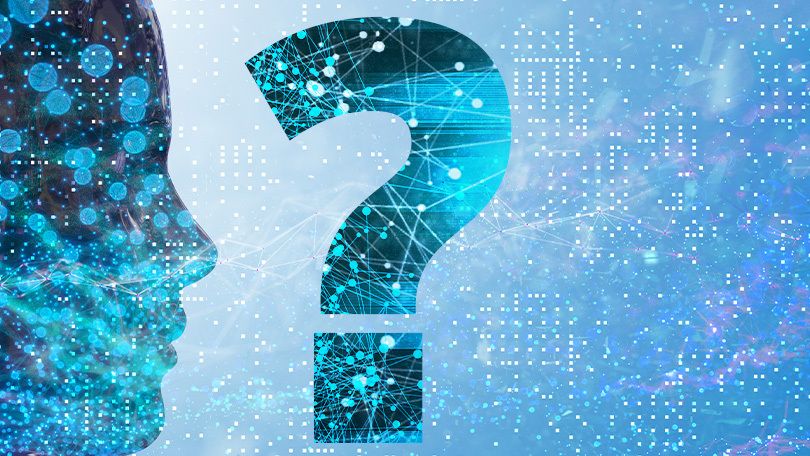
A ground-breaking new AI system is disrupting the writing industry by allowing anyone to commission custom poetry within seconds. This technology could transform how poetry is created and consumed while raising questions about creativity and originality. The system utilizes GPT-3, a powerful AI model trained by Anthropic to generate remarkably humanlike text. Users simply describe the topic, style, length, and other attributes of the desired poem. Within seconds, the AI composes and returns a unique poem matching the prompt. For instance, prompting the AI to write a “5-line romantic poem about stargazing on a summer night” yields an original poem on that theme. The AI considers rhyme, meter, imagery, emotions, and other poetic techniques to craft the custom result.
Disrupting poetry creation
Getting custom poetry required hiring poets for commissioned works or learning to write you. This AI system eliminates those barriers with its instant generation capabilities. For personal use, consumers self-publish evaluation of the ai commission system for milestones, gifts, or other special occasions uniquely tailored to any recipient, theme, or length. The AI’s effectively unlimited capacity allows for generating unlimited personalized poems on demand.
Businesses are already using it to create mass-customized poems for marketing and advertising. A jewelry company could commission romantic verses for Valentine’s Day gifts while a travel firm generates poems about dream vacations. For poets, it becomes an ideation assistant suggesting novel phrases and perspectives. Creators even refine and edit the AI’s “raw materials” into their styles, drastically accelerating brainstorming and drafting. This level of on-demand poetic aid is unprecedented.
Creativity and copyright concerns
Poems composed by humans, the legal status and ownership of AI writings are untested and complex. While AI poems are original in not directly copying any text, the model derives its knowledge from “reading” millions of poems by real authors during its training. This raises challenging questions about imitation versus creation. Does training on human art inherently make AI work derivative, or should it be considered its new creative entity? There are also concerns about copyright issues if AI poems substantially mimic existing protected works. These questions around imitation, influence, and copyright need resolution to fully legitimize AI-generated content as original creative works. More legal analysis and precedent are required as generative AI grows ubiquitous across content creation fields.
Limitations and criticisms
Despite its capabilities, AI poetry generation carries criticisms and limitations. Poems often excel at concrete details but lag at deeper symbolism and abstraction. They sometimes follow patterns and cliches without broader cohesion or purpose.
While grammars and structures are technically sound, the “soul” of the best human poetry is often seen as lacking. The AI chooses words to match relationships in its training data, not to convey intent or meaning. This can result in impressive but superficial poems. There are also concerns that automated poetry devalues human creativity and expression. If poems reflect data patterns rather than lived experience, are they meaningless? Does enabling instant poetry diminish the art form’s inherent difficulty and value? Defenders argue AI poetry provides a gateway for novices and those lacking time or skill while leaving room for uncompromising human works. The technology can inspire people toward greater engagement with poetry. AI poems also have experimental and entertainment value even if not considered “high art.”



